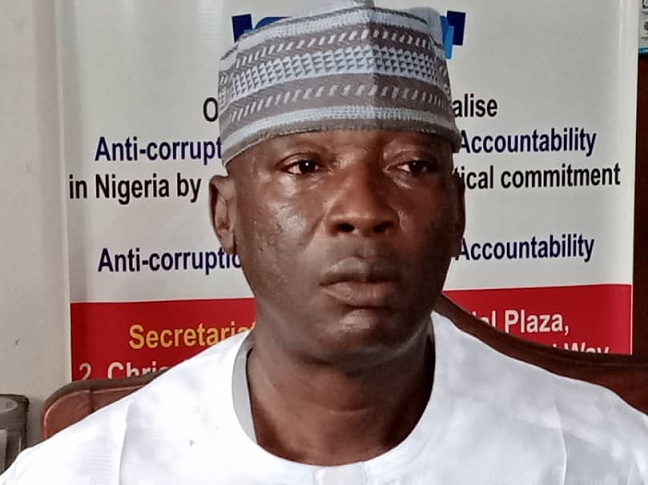The Irede Foundation, a non-governmental organization (NGO), has raised the hope of children living with limb loss, either acquired or congenital, to live a life of fulfillment.
This was the the main message of the foundation when it held its annual ‘Out On A Limb, OOAL, Advocacy Walk’ across the streets of Lokoja, Kogi state capital, on Saturday.
This year’s walk, titled “Full Access: No Cap”, which drew participants from various walks of life, aimed at increasing public awareness about the challenges faced by people in need of prosthetic limbs and the benefits of providing adequate support and resources.
Kogi State Team Lead, Mr. Thompson Yamput, highlighted the importance of the exercise, stressing that it aimed at creating awareness on accessibility and support for individuals with limb amputations or disabilities.
He explained that the Foundation has been in the forefront of providing indigent children with amputated limbs with free artificial limbs. This, according to him, is intended to make them walk like every normal child, and realize their dreams again.
He noted that the provision of the prosthetic limb is a game-changer for such children as it takes away the stigma that comes with such challenge, and also ensure that their education is neither affected nor disrupted.
Mr. Yamput said six children, in the last three years, have so far benefitted from the free provision by the Foundation in the state, all within the age bracket of 1-19. He expressed confidence that more children with disabilities will benefit from the Foundation’s largesse in the nearest future.
He thanked the participants for their commitment and sacrifice to make the campaign far-reaching and more rewarding.
One of the participants whose child is a beneficiary, Mrs. Chidozie Judith expressed appreciation for the initiative, citing the need for more awareness and support for individuals with disabilities. She encouraged parents whose children have such challenges not to hesitate to contact the Foundation.
The NGO’s effort highlights the importance of collaborative work in promoting accessibility and support for vulnerable populations.




